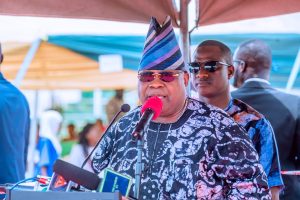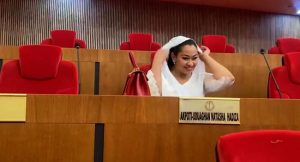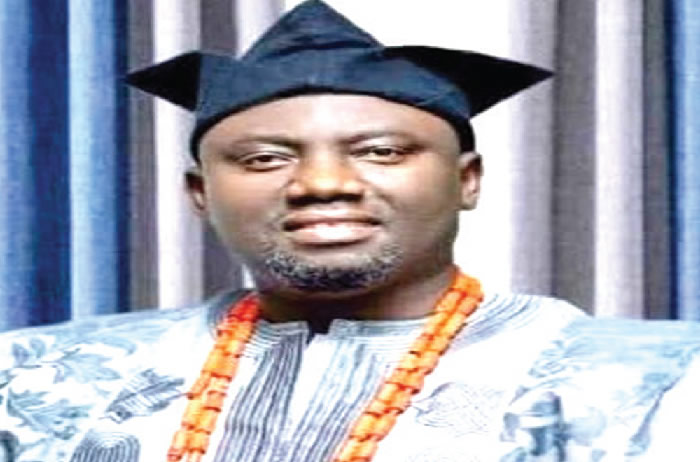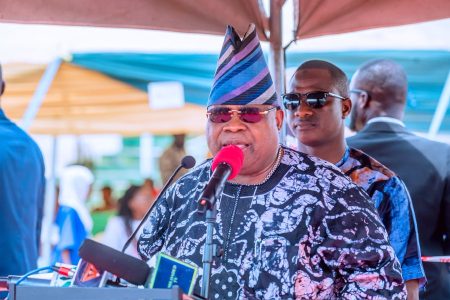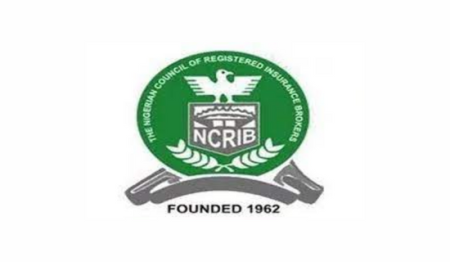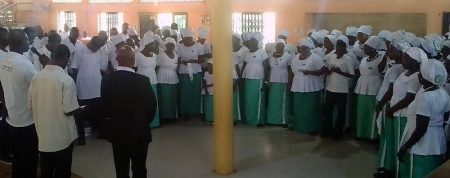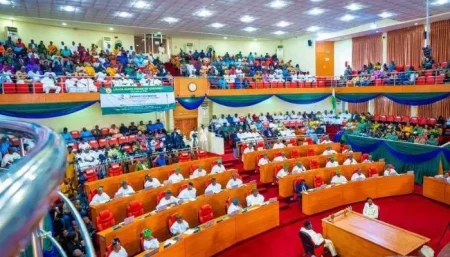The Alaafin of Oyo, Oba Akeem Owoade, in his Eid-el-Fitr message, underscored the vital importance of mutual love between political leaders and the Nigerian populace as a foundational element for national progress. He posited that genuine love, translated into practical action, would catalyze improvements in governance, facilitate meaningful electoral reforms, ensure responsible allocation of public funds, and foster a leadership culture that prioritizes the welfare and protection of the citizens. This message, he emphasized, represents the core essence of Eid-el-Fitr, a message he urged all Nigerians and indeed, all of humanity, to embrace and internalize.
The Alaafin’s message went beyond a simple call for affection; it articulated a profound vision of love as a transformative force in society. He described a love that transcends self-interest and embraces the well-being of others, a love that actively seeks to liberate, empower, and uplift the entire community. This concept of love, he argued, should inform the actions of both leaders and citizens, creating a symbiotic relationship where the progress and prosperity of the nation are pursued collectively and with genuine concern for the welfare of all. He stressed that this principle of love, as demonstrated through practical actions, is the key to unlocking Nigeria’s potential and achieving its aspirations.
The timing of this year’s Eid-el-Fitr, coinciding with a period of economic recession and widespread hardship, added further weight to the Alaafin’s message. He emphasized the urgent need for Muslims, in particular, to look beyond their immediate circles and extend their compassion and support to those struggling under the weight of economic challenges. The festival, he noted, should serve as a potent reminder of the interconnectedness of society and the importance of collective responsibility, particularly during times of adversity. The economic downturn, impacting millions of Nigerians, underscores the necessity for a renewed commitment to shared prosperity and the alleviation of suffering. The Alaafin’s message served as a clarion call to action, urging individuals and communities to demonstrate the true spirit of the festival through tangible acts of kindness and support.
The Alaafin’s call to action extended beyond a general appeal for compassion; it specifically targeted philanthropists, urging them to remember the less privileged members of their communities. He highlighted the profound significance of addressing the needs of the poor, arguing that such acts of generosity not only alleviate suffering but also affirm the inherent equality and dignity of all individuals. Sharing one’s material wealth, he explained, is not merely an act of charity but a recognition of the divine source of all provisions and a demonstration of gratitude for the blessings bestowed upon us. By assisting those in need, we acknowledge our shared humanity and uphold the principles of social justice and responsibility.
The Alaafin further emphasized that the true significance of Eid-el-Fitr, rooted in the spirit of sacrifice and empathy, should not be overshadowed by mere celebratory rituals. He reiterated that the occasion provides a unique opportunity to extend love and material support beyond family and friends, encompassing the displaced, the elderly, orphans, and individuals with special needs, all of whom represent the most vulnerable segments of society. He highlighted the plight of millions of internally displaced Nigerians, underscoring the profound relevance of the Eid-el-Fitr message of compassion and support in the context of their suffering. This year, he stressed, the festival carries an even deeper meaning, demanding a tangible demonstration of solidarity and shared responsibility towards those most in need.
In concluding his message, the Alaafin reiterated that Eid-el-Fitr should transcend mere festivity and become a catalyst for genuine social transformation. He envisioned a society where the principles of love, compassion, and shared responsibility are not merely abstract ideals but are actively practiced and integrated into the fabric of daily life. The festival, he argued, should serve as a powerful reminder of our shared humanity and our collective obligation to uplift the most vulnerable members of our society. By embracing the true spirit of Eid-el-Fitr, Nigerians can work towards building a more just, equitable, and compassionate nation for all. His message served as a powerful call to action, urging individuals and communities to embrace the spirit of the festival and translate its profound lessons into practical acts of kindness, generosity, and social responsibility.


